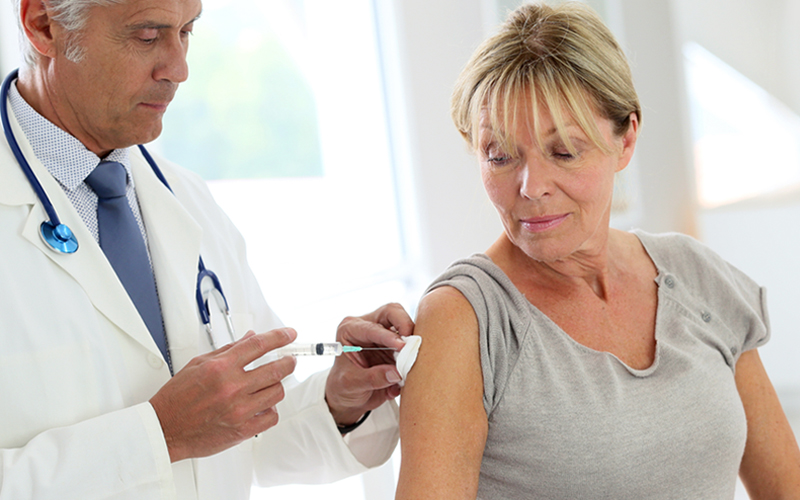Nothing frustrates me more than all the controversy about vaccines. This tool, the vaccine, has saved uncounted millions from early and terrible deaths.
I think many misunderstandings about vaccines have their roots in a misunderstanding about how the practice of science works. Scientific research is not a fixed point but a process. One researcher reports a finding. Then others try to reproduce or build upon that finding. If they can’t, then the original conclusion is set aside. Scientists next start new studies to understand where they went wrong and obtain better insight next time.
If scientists and doctors change their minds or reverse course, it’s not dishonesty or incompetence. Instead, that is the ethical practice of science.
For instance, early in my career, it was common practice to give women estrogen supplements as they entered menopause as a good thing. We believed that this treatment helped older women keep healthy bones and avoid heart attacks. In those days, I dutifully wrote prescriptions
for estrogen replacement. New studies showed that estrogen replacement therapy increased breast and uterine cancer, heart attacks, and strokes in the ensuing decades. As a result of those findings, we stopped recommending estrogen replacement for menopausal women. That’s not incompetence. That is the way that science works.
The evidence that vaccines work is substantial. Because of vaccines, smallpox has been eliminated. Polio has almost been eradicated. Measles was on the course to be eliminated (though it has been resurging because many parents are not giving the vaccine to their children). Tetanus, which causes lockjaw, has decreased more than 95 percent.
You no doubt have heard the claim that vaccines cause autism in children. There is absolutely no evidence for this. The studies clearly show that that connection does not exist.
So please, please make sure your elders get vaccinated!
Four major vaccines are essential for elders:
- Influenza
As you probably know, the flu vaccine formula changes each year and is only about 60 percent effective. However, it can mean the difference between life and death for an elder who gets the flu that develops into secondary pneumonia. That increases the risk of death 20-fold. If your
elder has heart disease, lung disease, or cancer, the risk of serious infections is greater. - Pneumonia
Pneumococcal pneumonia is the most common community pneumonia affecting most people. Elders with moderately severe dementia have a 25% chance of dying when infected with pneumonia. Vaccines can decrease this risk. - Tetanus
This bacteria is a spore that is common in the soil and animal feces. Before the vaccine, “lockjaw” was commonly fatal. Elders should get a tetanus booster every ten years. - Shingles
Shingles is a painful reactivation of the Chicken Pox virus as an elder’s immune system wanes. A vaccine dose after the age of 50 can prevent reactivation. That said, as a full-time Geriatrician, I only see a few cases a year.
If you are unsure about vaccines, contact us at Elderconsult.com to discuss.
We also offer telehealth sessions with our team.
Tune In Saturdays at Noon (PST) for High Noon with Dr Liz + Friends
Check Out Our Upcoming Workshops
One-To-One Education

Elizabeth (Dr Liz) has over twenty years of experience in providing medical care to the elders. She is board-certified in Internal Medicine, Geriatric Medicine and Palliative Care Medicine. Dr Landsverk founded ElderConsult Geriatric Medicine, a house calls practice, to address the challenging medical and behavioral issues often facing older patients and their families.

